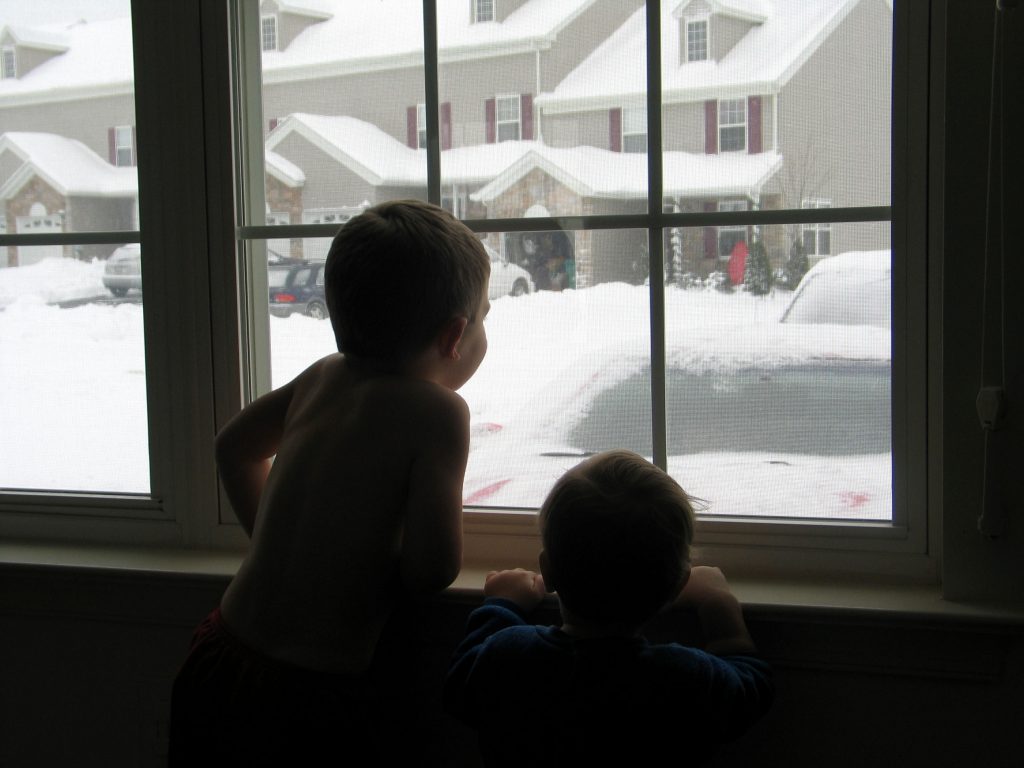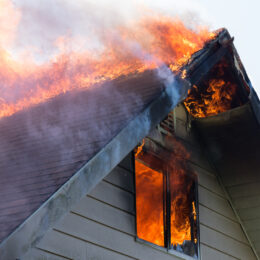
Indiana weather can be unpredictable, especially during the winter months. That’s why you should prepare for dangerous situations before a storm hits.
It is especially important to develop a plan for prolonged power outages during these harsh months. Heavy snows, freezing rain and ice storms can all create electrical hazards.
“Being safe around electricity is something you should focus on year-round,” said John Gasstrom, CEO at Indiana Electric Cooperatives. “Indiana winters can bring a whole slew of dangerous hazards, especially where power lines are concerned.
“Snow and ice often accumulate on power lines. The added weight may cause lines to snap off the poles or cause the poles to break,” Gasstrom explained. “That can bring power lines into contact with the ground, trees, homes, vehicles and other objects. If people or pets come in contact with a live power line, they can suffer serious injury or even death.”
Due to these dangerous conditions, many residents may be confined to their homes for days at a time. That’s why it is important to have a plan in place, especially during these prolonged outages. To better prepare you and your family for a power outage, your electric co-op recommends members keep a storm preparedness kit fully stocked. The basic supplies in this kit should include:
- Bottled water
- Non-perishable food
- Emergency blankets
- First aid kit/medicine
- Flashlight
- Battery-operated or hand-crank radio
- Extra batteries
- Toiletries
To protect your home’s electrical equipment during an outage, turn off and unplug all unnecessary electronics or appliances. This will keep equipment from being damaged by surges or spikes when the power returns.
Generator safety: Prevent carbon monoxide poisoning
Never use a generator, grill, camp stove or other gasoline, propane, natural gas or charcoal-burning devices inside a home, garage, basement, crawlspace or any partially enclosed area.
Keep these devices outdoors, away from doors, windows and vents that could allow carbon monoxide to come indoors.
Opening doors and windows or using fans will not prevent CO buildup in the home. Although CO can’t be seen or smelled, it can rapidly lead to full incapacitation and death.
Install CO alarms in central locations on every level of your home and outside sleeping areas to provide early warning of accumulating carbon monoxide.



